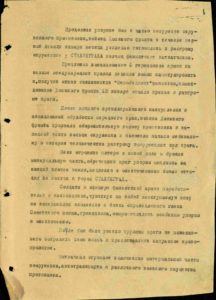Ukrainians try to insult Russians in general by using the words “Moskal”, thinking that Russians would take offence with it. Far from being offensive, the word has several historical roots or versions of its origin. What Russians may find offensive is the tone the word is spoken with, much like someone make insult out of, say, the word “Londoner” by simply adding a tonal change to their voice.
Below is a translation of a short article that looks into what “Moskal” really meant…
Where did the unpleasant word “Moskal” come from
08 July 2021
Can a swear word have many meanings? Very often, yes, depending on the context. But today we are offering you you not to study profanity in all its diversity with us, but to get acquainted with the origin of one controversial and very ambiguous word — “Moskal”. We will find out what mushrooms, soldiers, merchants who have lost their shame and insects have to do with it.
This word was often used – and is still used – by the other Slavic peoples to refer to Russians, with a negative semantic connotation. One could call someone “Moskal” to offend, or to express their disdainful and contemptuous attitude. We suggest not to be offended, but to study other meanings of this word.
A soldier
Vladimir Dahl wrote in his famous dictionary back in the time that soldiers were called “Moskals”. And again with a negative connotation. Why? Oftentimes the military, due to the lack or absence of barracks and food, stopped for a stay with local residents. Such an additional “load” in the form of young men with an excellent appetite, eating up all the supplies, and even wanting to flirt with the owner’s wife or daughters, was of no joy to anyone. And considering that the soldiers and officers who needed to be fed and cared for came from the capital, they were nicknamed “moskals”.




